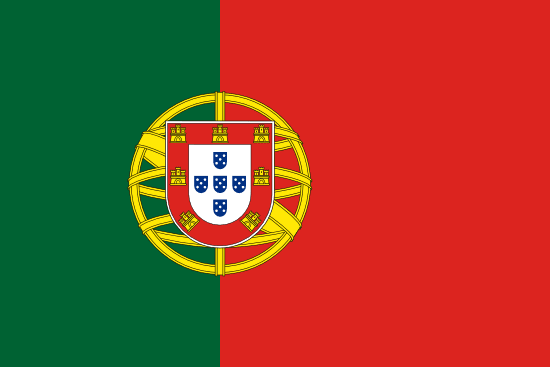"Património Mundial | World Heritage"
About:
Angra do Heroísmo, a city in Portugal's Azores archipelago, was founded in the 15th century. It quickly became a vital port during the Age of Discovery, gaining city status in 1534. Angra played a key role in Portugal's maritime trade with Africa, the Americas, and the East Indies. The city was heavily damaged in a 1980 earthquake but was restored, leading to its designation as a UNESCO World Heritage site in 1983. Today, it remains an important cultural and economic hub in the Azores.
When to visit:
Angra do Heroísmo, located on Terceira Island in the Azores archipelago, experiences a mild maritime climate throughout the year. For the best weather and optimal sightseeing conditions, the ideal time to visit Angra do Heroísmo is during the summer months, from June to August. During this time, temperatures are comfortably warm, and the island is alive with festivals and cultural events. Travelers looking to avoid crowds and take advantage of lower prices may also consider visiting in the shoulder seasons of spring (April to May) and autumn (September to October).
When to avoid:
Angra do Heroísmo, located in the Azores archipelago, experiences its worst travel conditions during the winter months of December to February. This period is characterized by frequent rainfall, strong winds, and cooler temperatures, making outdoor activities and sightseeing less enjoyable. Additionally, the risk of travel disruptions due to inclement weather such as flight cancellations or ferry service interruptions is higher during this time. Travelers planning a holiday to Angra do Heroísmo are advised to avoid visiting during the winter months to ensure a more pleasant and seamless travel experience.
Winter (Dec-Feb)
Angra do Heroísmo, Portugal, experiences its wettest season from October to February. Average high temperatures hover around 16-18°C, with lows near 12°C. Rainfall peaks in December with an average of 114mm. Days are shorter with sunlight lasting for about 5 hours. Cloud cover is significant, often leading to overcast skies. An average day for a visitor might involve light showers interspersed with cloudy periods. Despite the rain, the mild temperatures make it comfortable for sightseeing, provided you have a raincoat or umbrella.
Summer (June-August)
Summer (June-August)
Language:
In Angra do Heroísmo, the most commonly spoken language is Portuguese, as it is located in the Azores, an autonomous region of Portugal. The Azorean dialect of Portuguese has some unique characteristics, but it's mutually intelligible with standard European Portuguese. English is also widely understood due to the region's tourism industry.




